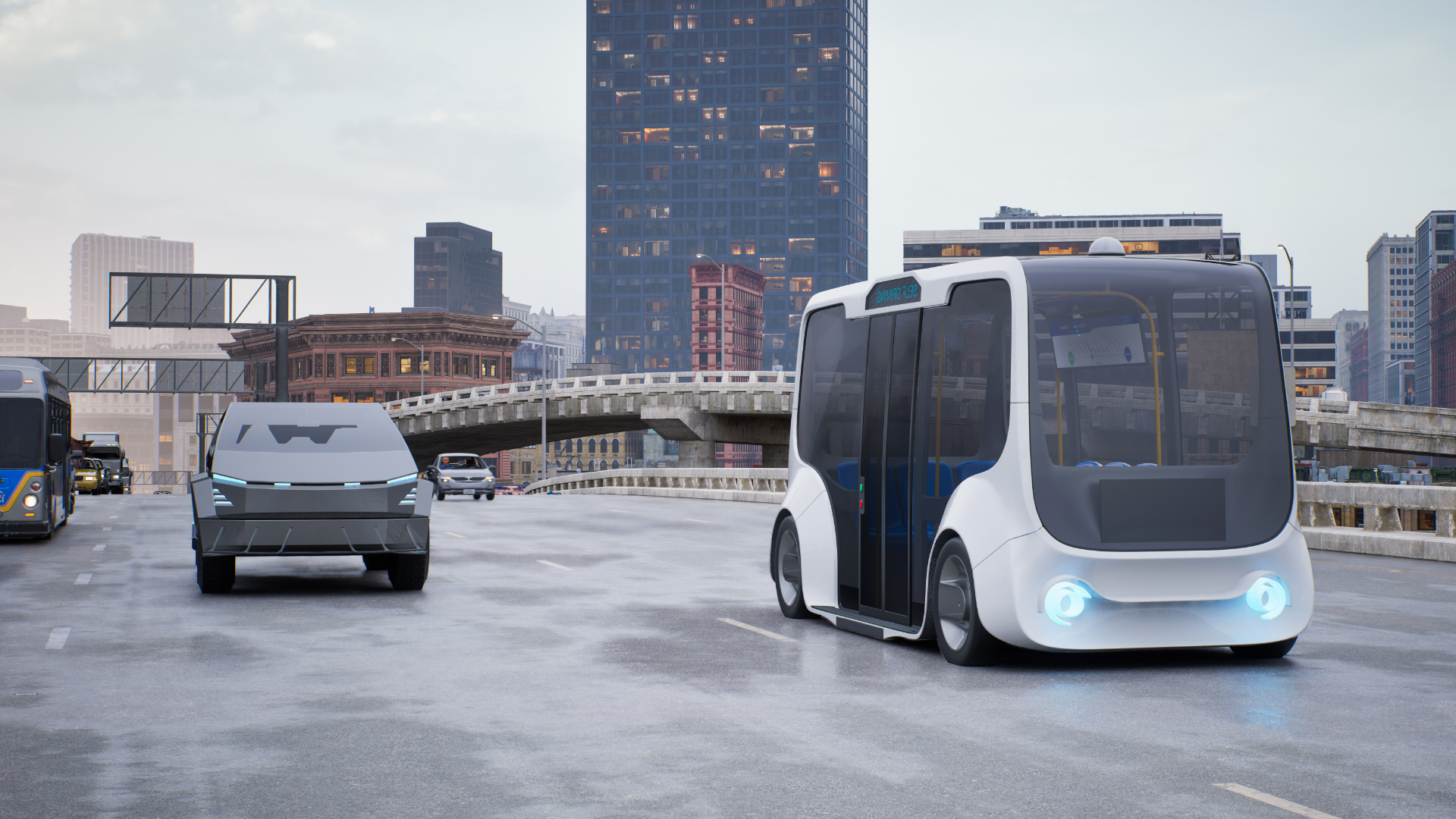Resource Highlights
Fully autonomous vehicles (AVs) are already in development around the world, but their growth will be a slow and steady process. Widespread use of AVs is probably a decade away in even for the companies that have been already working on them for years.
Numerous obstacles have to be overcome for autonomous driving to become mainstream. Most of these are safety issues, and in particular the challenges of addressing the interaction between AVs and manually operated vehicles as well as pedestrians, cyclists and other road users.
What does this mean for mechanics today and in the future?
AVs will bring increased usage and an increased need for repairs, because they will be in operation more than other vehicles. So, while the market may be slow to develop, there will be lots of work for garages and workshops when they do arrive.
Much of the technology of AVs will be similar to other vehicles, but particularly electric vehicles and hybrid vehicles. So it’s a good idea, if you’re preparing to work on AVs, that you first get yourself familiar with ADAS functions and servicing. Radar and lidar systems that we are starting to see on vehicles will be the same systems that an AV will use to detect the environment and hazards.
As well as some of the more conventional technologies present, AVs will bring some highly advanced systems that mechanics will need to understand and be able to service. Some of these areas include programming, machine learning and AI, and robotics.
What does ‘autonomous’ actually mean?
The industry typically puts autonomous vehicles (AVs) in categories according to the amount of autonomous technology they include:
- Level 0 No automation at all, on any system on the vehicle. All vehicle operation fully dependant on a person.
- Level 1 automation includes some small steering or acceleration tasks performed by the car without human intervention, but everything else fully under human control
- Level 2 automation is similar to advanced cruise control or original autopilot system. The car can automatically take safety actions, but there is still a need for the driver to stay alert
- Level 3 automation still needs a human driver, but the driver is able to hand over some “safety-critical functions” to the vehicle, under certain traffic or environmental conditions.
- Level 4 automation is a car that can drive itself almost all the time without any human input, but might be programmed not to drive in unmapped areas or during severe weather.
- Level 4 automation means full automation in all conditions.
AVs – the future of mobility
Autonomous vehicles are the coming age of mobility. There’s no question that when they arrive, they’ll transform our lives as well as the way vehicles are serviced.
As a mechanic, they should be on your long-term radar in terms of new skillsets that you’ll need to acquire. Begin the process now, by learning as much as you can about the technologies they’ll bring with them.
SIGN UP
TO FIND OUT MORE
Fill out your details to hear more from our experts and get the latest updates from Delphi.




